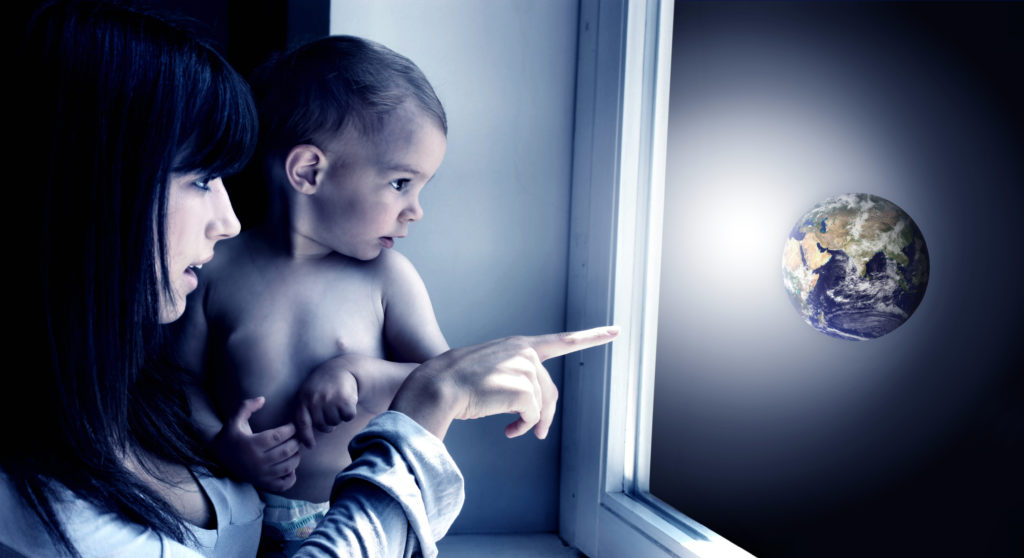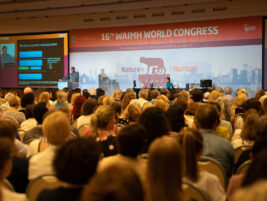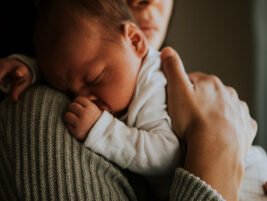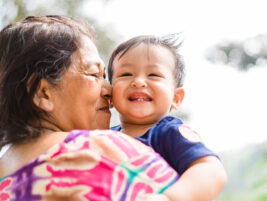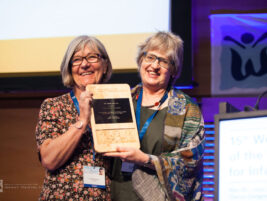This piece was first published in Perspectives in Infant Mental Health Vol. 22 No. 2-3 (Summer 2014) at the time of the shooting of Michael Brown in Ferguson, Missouri. Since then more violence: more innocent African American boys and young men have been murdered, more ter-rorist attacks – in Paris, Orlando, Nice, San Bernardino, Berlin and else-where. Fear and hatred are on the rise, trumping reason, and the unac-ceptable is at risk of becoming the new normal. We turn again to Martin Luther King and Nelson Mandela to reaffirm what is good and right, and to ask what we all can do for babies and their families.
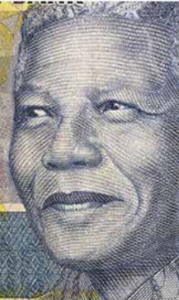
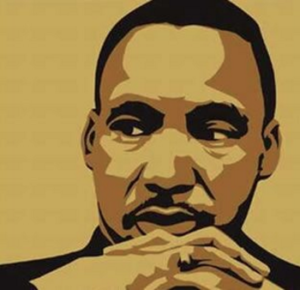
Q. 1. What is going on?
Martin Luther King, Jr., Acceptance Speech on the occasion of the award of the Nobel Peace Prize in Oslo, December 10, 1964
Q. 2. Where does it start?
A. No one is born hating another person because of the color of his skin, or his background or his religion. People must learn to hate, and if they can learn to hate, they can be
taught to love, for love comes more naturally to the human
heart than its opposite.
Nelson Mandela, The Long Walk to Freedom, 1994
Q. 3. Can reflection help lead to healing and peace?
Martin Luther King, Jr., Where Do We Go From Here? 1967
Q. 4. When a nation fails to deploy every possible resource to protect its children, it has lost its moral compass. When a nation harms its children, it has lost its way. How do we find ours?
A. We must learn to live together as brothers or perish together as fools.
Martin Luther King, Jr., Speech in St. Louis, Missouri, March 22, 1965
Q. 5. The survival and wellbeing of the world’s children is the shared responsibility of all humanity. Can babies help bind us together?
A. There can be no keener revelation of a society’s soul than the way in which it treats its children.
Nelson Mandela from the launch of the Nelson Mandela Children’s Fund, Mahlamba Ndlopfu, Pretoria, South Africa, 8 May 1995
Q. 6. One of the most destructive results of relentless terror is that it can inure us to its effects. Fear and hopelessness so readily lead to paralysis and silence. Can our voices help restore hope?
A. Our lives begin to end the day we become silent about things that matter.
Martin Luther King Jr., in I Have a Dream: Writings and Speeches That Changed the World, James M. Washington (Editor), 1986
Q. 7. What can we do when our most fundamental beliefs and values are trampled? What can we say when we speak out?
Nelson Mandela, Inaugural speech, Pretoria, May 11, 1994
(It seems reasonable to think that Mandela may have been speaking here for all people about all people.)
Q. 8. How do we take action when the challenge seems insurmountable?
Martin Luther King, Jr., Stride Toward Freedom: The Montgomery Story, Harper & Brothers, 1958
Q. 9. What can we do?
A. Courageous people do not fear forgiving, for the sake of peace.
Nelson Mandela in an interview with Anthony Sampson, published in “The Observer” (Sunday, May 1, 1994).
Nelson Mandela, Long Walk to Freedom, 1995
Martin Luther King Jr., A Testament of Hope: The Essential Writings and Speeches, James M. Washington (Editor), 1986
Q. 10. Will we succeed?
A. It always seems impossible until it’s done.
Nelson Mandela, speech at Harvard University, 1998
Brazeltontouchpoints.org
Childrensdefense.org
Savethechildren.org
Unicef.org
WAIMH.org
What to do about the babies? Ten Questions for Nelson Mandela and Martin Luther King
Authors
Sparrow, Joshua,
Harvard Medical School,
Boston, USA


